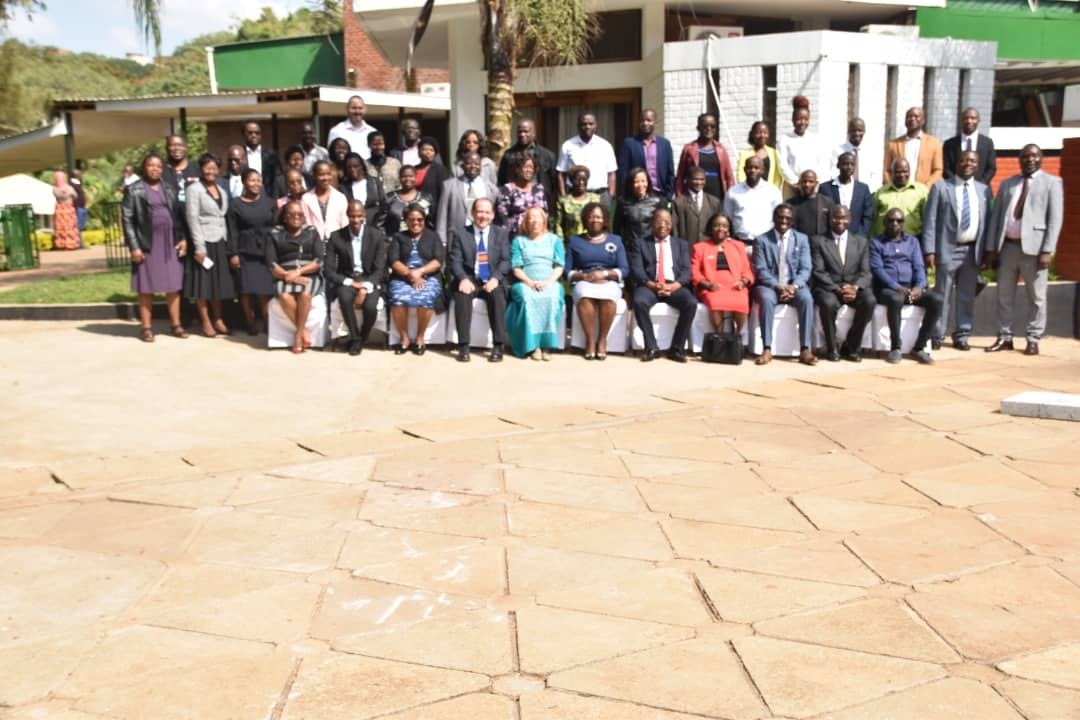Malawi Reviewing Inclusive Education Strategy to Leave No Learner Behind
The workshop brings together government departments, educators, technology developers, civil society organizations, organizations of persons with disabilities, and learners with special needs.
LILONGWE, Malawi -- Malawi's Ministry of Education is undertaking a four-day workshop to review its National Inclusive Education Strategy, which expired in 2021, to ensure equitable access to quality education for all learners, including those with special needs, writes Winston Mwale.
Speaking at the opening ceremony on Tuesday, Lucy Magagula, Deputy Director of Inclusive Education at the Ministry of Education, emphasized the government's commitment to promoting inclusive education aligned with the Malawi 2063 vision and the Sustainable Development Goals.
"We have recognized the imperative to truly understand special needs education challenges and opportunities, to promote inclusive education, and to ensure equitable and quality education for all," Magagula said.
"These priorities serve as guiding pillars of our educational agenda, reflecting our unwavering commitment to leave no learner behind."
The review process aims to assess the impact of the previous strategy, identify lessons learned, determine activities carried out and those not implemented, and provide recommendations for developing a new strategy.
According to the Education Management Information System (EMIS) Report 2023, there are 193,880 learners with special educational needs in primary education, 11,521 in secondary education, and 229 in tertiary institutions across Malawi.
Magagula acknowledged challenges in achieving inclusive education at scale but emphasized the need for collaborative efforts, partnerships, innovation, and technology to navigate the evolving educational landscape effectively.
The workshop brings together government departments, educators, technology developers, civil society organizations, organizations of persons with disabilities, and learners with special educational needs and their families.
The Ministry of Education expressed gratitude to USAID for its technical and financial support towards the review process.




